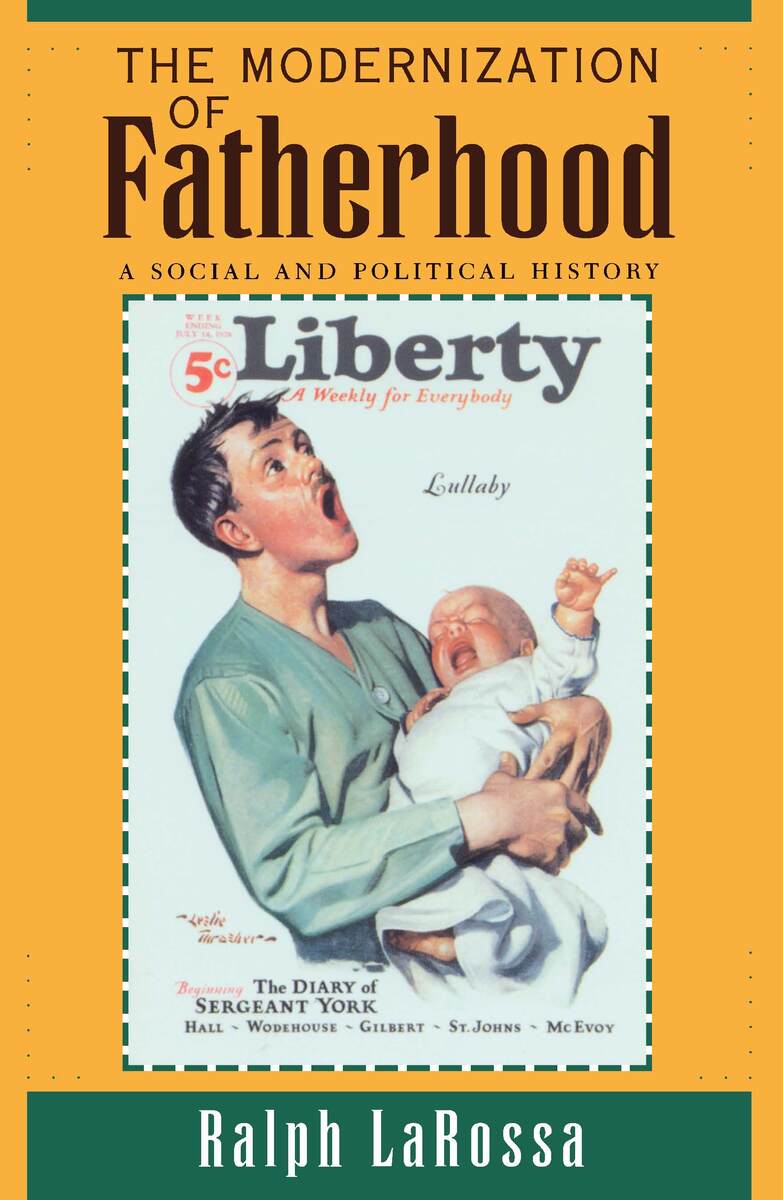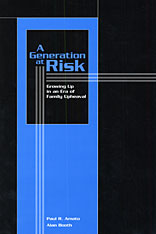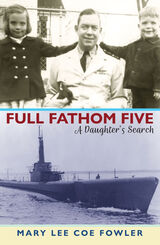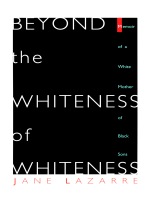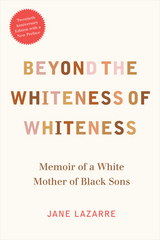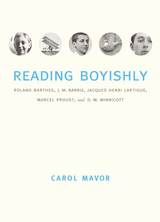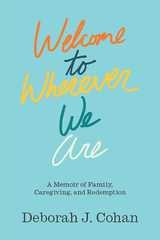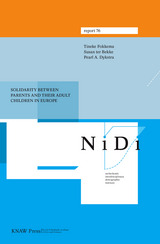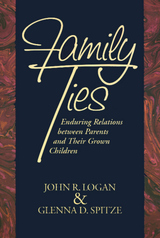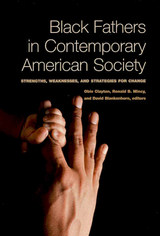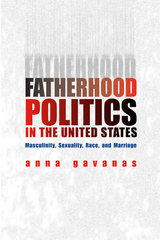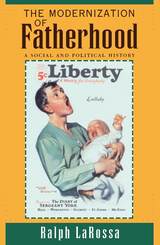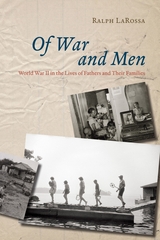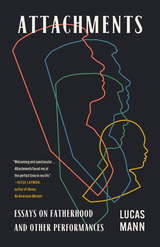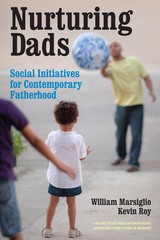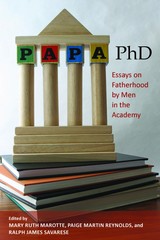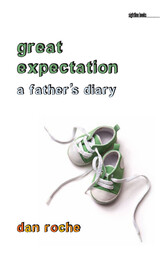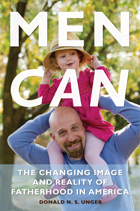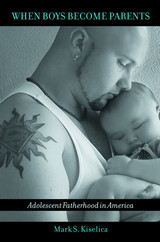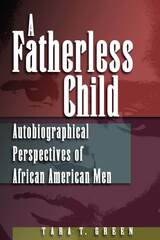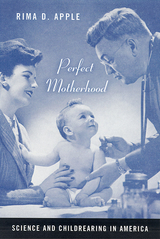The Modernization of Fatherhood: A Social and Political History
University of Chicago Press, 1997
Cloth: 978-0-226-46903-4 | Paper: 978-0-226-46904-1
Library of Congress Classification HQ756.L37 1997
Dewey Decimal Classification 306.8742
Cloth: 978-0-226-46903-4 | Paper: 978-0-226-46904-1
Library of Congress Classification HQ756.L37 1997
Dewey Decimal Classification 306.8742
ABOUT THIS BOOK | REVIEWS | TOC | REQUEST ACCESSIBLE FILE
ABOUT THIS BOOK
The period between World War I and World War II was an important time in the history of gender relations, and of American fatherhood. Revealing the surprising extent to which some of yesterday's fathers were involved with their children, The Modernization of Fatherhood recounts how fatherhood was reshaped during the Machine Age into the configuration we know today.
LaRossa explains that during the interwar period the image of the father as economic provider, pal, and male role model, all in one, became institutionalized. Using personal letters and popular magazine and newspaper sources, he explores how the social and economic conditions of the Roaring Twenties and the Great Depression—a period of technical innovation as well as economic hardship—fused these expectations into a cultural ideal. With chapters on the U.S. Children's Bureau, the fathercraft movement, the magazine industry and the development of Parent's Magazine, and the creation of Father's Day, this book is a major addition to the growing literature on masculinity and fatherhood.
LaRossa explains that during the interwar period the image of the father as economic provider, pal, and male role model, all in one, became institutionalized. Using personal letters and popular magazine and newspaper sources, he explores how the social and economic conditions of the Roaring Twenties and the Great Depression—a period of technical innovation as well as economic hardship—fused these expectations into a cultural ideal. With chapters on the U.S. Children's Bureau, the fathercraft movement, the magazine industry and the development of Parent's Magazine, and the creation of Father's Day, this book is a major addition to the growing literature on masculinity and fatherhood.
See other books on: Fatherhood | Modernization | Parenting | Political History | Social
See other titles from University of Chicago Press
